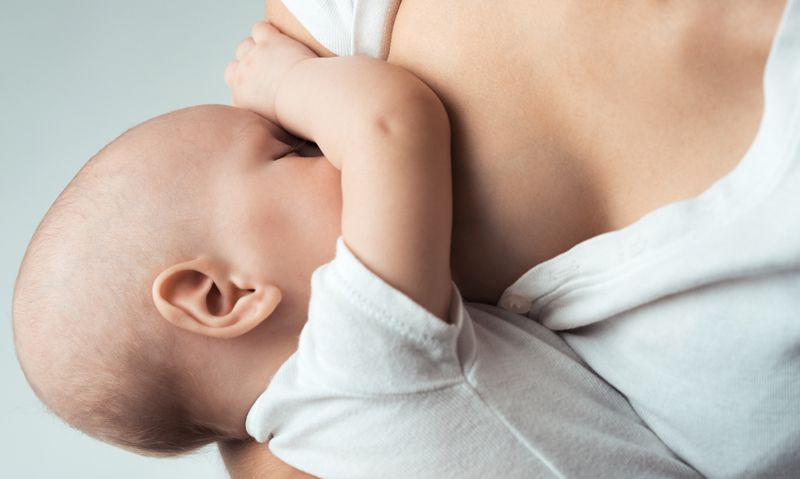WOMEN with depression or epilepsy who are pregnant or breastfeeding may be reassured by two new studies showing treatment does not adversely affect their offspring.
In JAMA Pediatrics, a prospective observational study of neurodevelopmental effects on 181 children born to women receiving antiepileptic monotherapy found that at age 6 years the adjusted IQ was higher by four points for children who were breastfed compared with those who were not. (1)
IQs in the breastfed group were comparable with the general population and sometimes higher.
The authors said their findings were consistent with the results of previous research on the same cohort at age 3 years, and also with evidence that antiepileptic drug (AED) exposure from breast milk was low.
“Our study does not provide a final answer, but we recommend breastfeeding to mothers with epilepsy, informing them of the strength of evidence for risks and benefits”, they wrote.
However, the authors raised concern that women with epilepsy were being routinely warned not to breastfeed, sharing the story of a patient who was reported to authorities for child abuse after defying doctors’ advice not to breastfeed.
“Dogmatic clinical recommendations without an evidence base do not serve patients well”, they wrote.
Associate Professor Megan Galbally, consultant psychiatrist and head of Perinatal Mental Health at Victoria’s Mercy Hospital for Women, said the study used robust measures and that the findings were “highly reassuring for women who take AEDs in the postpartum period”.
Associate Professor Lisa Amir of the Judith Lumley Centre at Victoria’s La Trobe University agreed.
“It is unprofessional for health professionals to present theoretical risks to parents, when there is overwhelming evidence of the importance of breastfeeding for the health of mothers and infants”, she told MJA InSight.
Professor Amir recommended the free LactMed app for mothers to access information on drugs and lactation. (2)
A second study, in the New England Journal of Medicine, has found no substantial increase in the risk of fetal cardiac malformations attributable to antidepressant use during the first trimester. (3)
The study, of almost one million women including 63 389 who used antidepressants during the first trimester, found no evidence to confirm previously suggested links between the use of paroxetine and right ventricular outflow tract obstruction in offspring, or between the use of sertraline and ventricular septal defects.
The authors concluded that the “accumulated evidence implies low absolute risks and argues against important cardiac teratogenic effects associated with the most commonly used antidepressant medications [sertraline, paroxetine and fluoxetine]”.
Although selective serotonin reuptake inhibitors (SSRIs) increased the relative risk of cardiac defects by 25% in the crude analysis, the association was not significant after adjusting for factors including sociodemographic markers, maternal diseases such as diabetes and hypertension, and use of other medications, they wrote.
However, Professor Galbally said the jury was still out, noting four meta-analyses had found varying associations between antidepressants and malformations, while four had shown no association.
She told MJA InSight the NEJM study had “a few significant flaws”, including not measuring drug dosage and compliance, and a lack of data on obesity, smoking, alcohol and illicit substances.
“A previous study found fetal alcohol disorders were 10 times more common in infants exposed to antidepressants, suggesting adequate characterisation of concomitant alcohol use is essential in unravelling the question of malformation and antidepressant exposure”, she said.
But Dr Michaela Baulderstone, a GP and senior doctor at the Torrens House Parenting Unit in Adelaide, said the study was “very helpful in weighing up an extremely small and statistically insignificant risk of a heart defect and the well known and significant risks of not treating depression”.
“Untreated depression is associated with higher rates of miscarriage, low birthweight, and babies who are small-for-gestational age,” she said. (4)
“This is in addition to the now well recognised negative effects on infant social and emotional development with untreated maternal perinatal depression.”
1. JAMA Pediatr 2014; Online 16 June
2. US National Library of Medicine: LactMed
3. NEJM 2014; 370: 2397-2407
4. MotherToBaby: Antidepressant study

 more_vert
more_vert